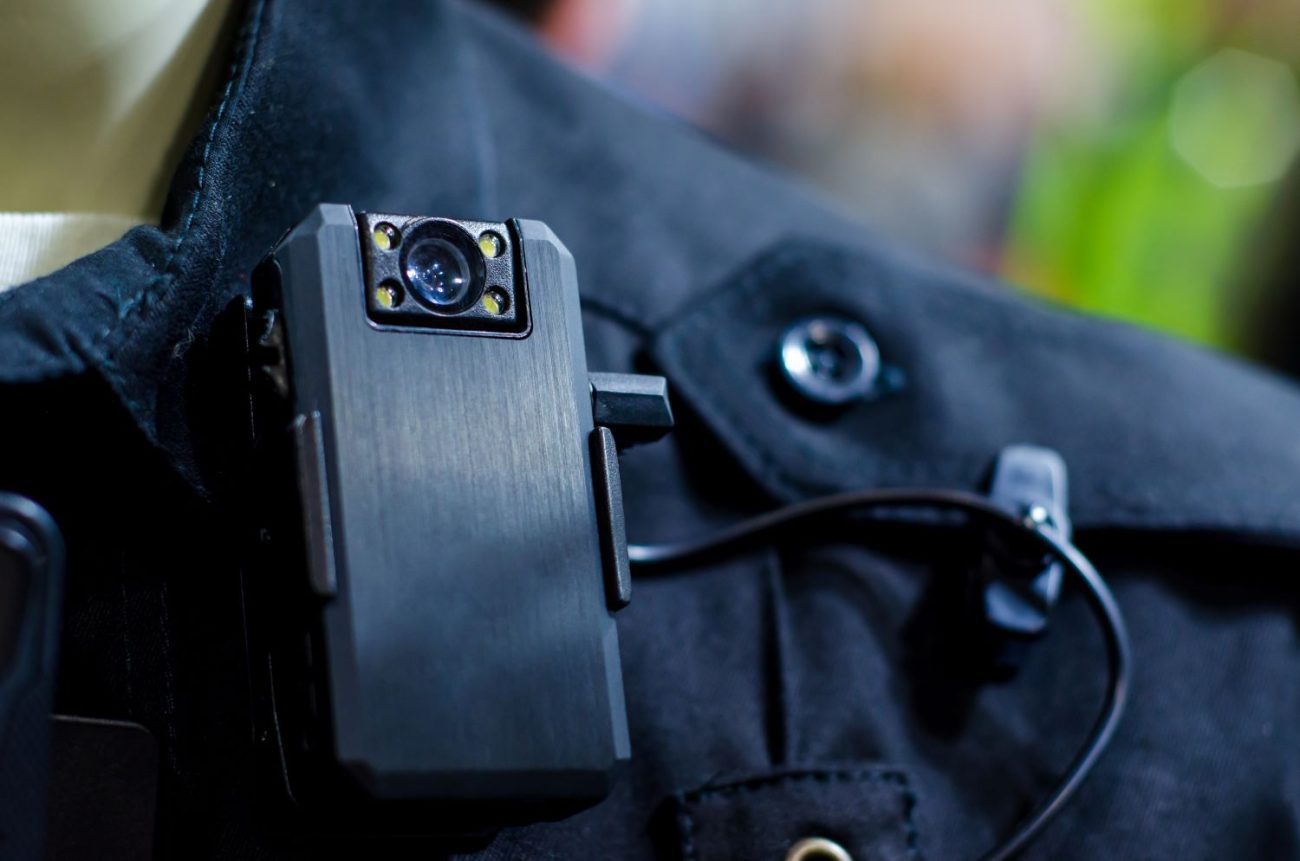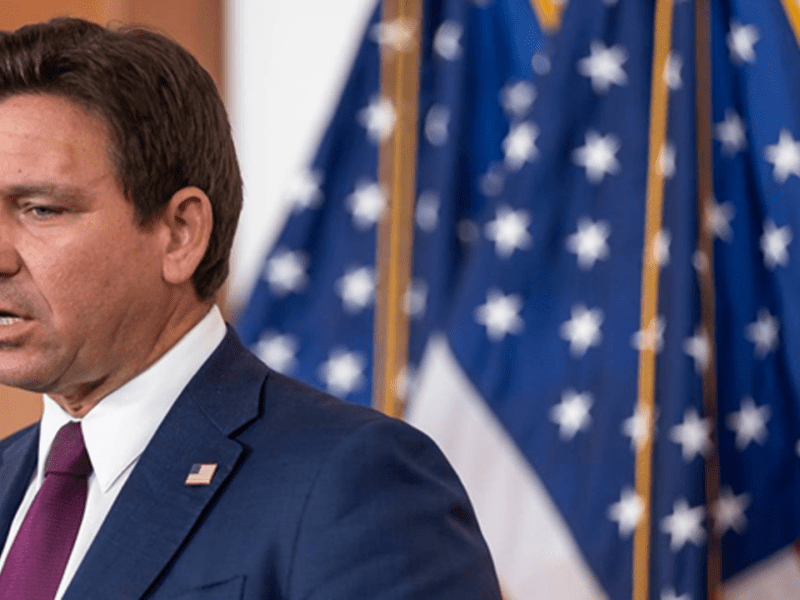Osceola SRO task force recommends body cameras, debates when to implement them
Orlando Sentinel | by Cristóbal Reyes | April 13, 2021
All school resource officers working in Osceola County public schools should be required to wear body cameras while on duty, a committee aiming to change the school district’s policies on campus policing recommended.
At its fourth meeting Tuesday, members of the SRO Citizens Advisory Task Force unanimously agreed to make that recommendation to the Osceola County School District to make investigations into on-campus incidents and arrests more transparent following a January incident at Liberty High School involving a deputy.
The task force, which includes Kissimmee police Chief Jeff O’Dell and Osceola County Sheriff’s Office Maj. Dan Weis, discussed when a policy like that could be implemented should it be enacted by the county school board. Currently, the St. Cloud Police Department outfits its SROs with body cameras while the sheriff’s office and the Kissimmee Police Department do not.
But O’Dell said it could happen as soon as August if they can carve out funding to buy cameras for the 16 SROs it has stationed in Kissimmee schools, which would cost about $25,000. Weis said the sheriff’s office would need about $235,000 for its 65 school resource deputies, but it could take years to equip them all with cameras — even if they only do so for the 22 deputies stationed in high schools.
“Our tactical units are out there every day with different people in a much more volatile scenario than an SRO would be at an elementary school,” Weis said. “We’re not saying we don’t want our SROs without cameras, but we have to make the decision based on funding on who gets the cameras first.”
He added, “It’s not realistic to say 65 cameras are going to show up at our doorstep.”
The task force was created by school board member Julius Meléndez shortly after video of Deputy Ethan Fournier slamming a 16-year-old Black girl into a concrete walkway at Liberty High School in Poinciana made national headlines. The incident sparked outrage in Osceola County as activists called for Fournier, who is white, to be fired while others questioned how school resource officers are trained and whether they should continue to be stationed on school campuses.
Florida law mandates some form of armed security, including police officers, at all public school campuses, but there are few state guidelines on what sorts of training are given to officers, leaving it up to individual agencies. Experts say that leads to differing outcomes including how often SROs intervene in behavioral matters.
Fournier, who also coached the school’s flag football team, was placed on administrative leave while the Florida Department of Law Enforcement investigates the incident.
The task force also finalized its proposed mission and vision statements for Osceola’s SROs, which would stipulate that they would “ensure a safe and positive learning experience through proper training” and “be a positive law enforcement influence … for all Osceola County school campuses.”
In addition, Meléndez unveiled a draft list of findings and recommendations to reform its SRO program, including outlining “a clear line of demarcation” for when officers can be called and carving out days for SROs to teach students on topics like drug abuse prevention and dating violence.
The committee expects to draft and perhaps finalize that list at its next meeting on April 29.
“The goal is to finish this and submit it for everyone to see, and then from there begin to write our policies,” Meléndez said. “The policies are going to come from this.”
At the task force’s March 24 meeting, members finalized survey questions aimed at students and school employees to gauge their interactions with SROs, including one that asked to staff and middle and high school students if they support the program.
The committee hopes to complete its work by June so it could begin implementing policy changes for the next school year.
At that point, Meléndez said, the school board can begin rewriting its contracts with local law enforcement agencies, which currently contain broad language on training requirements and a stipulation that prohibits SROs from being involved in school disciplinary matters.






